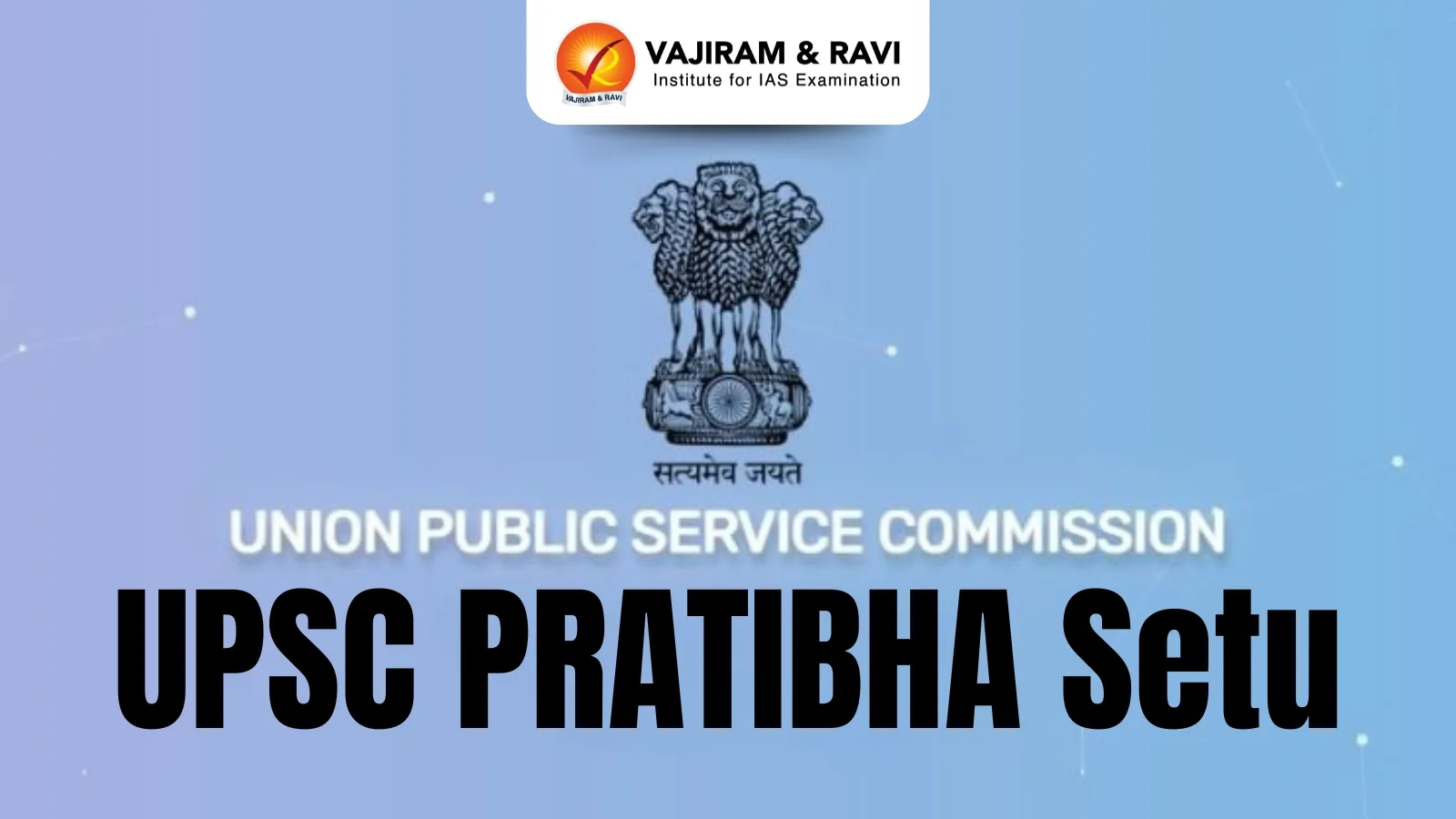The Union Public Service Commission (UPSC) examination, a gateway to India’s prestigious civil services, is a crucible where dreams are forged and shattered. For many aspirants who dedicate years to rigorous preparation, narrowly missing the final merit list can be a devastating blow. Recognizing this, Prime Minister Narendra Modi, in his recent ‘Mann Ki Baat’ address, unveiled ‘Pratibha Setu,’ a new initiative aimed at supporting those who fall just short of selection.
While details about ‘Pratibha Setu’ are still emerging, the very announcement signals a shift in perspective. Traditionally, the focus has been solely on those who make it through the UPSC gauntlet. ‘Pratibha Setu’ suggests a broader recognition that the skills, knowledge, and dedication honed during UPSC preparation are valuable assets that can be channeled into other avenues of nation-building. It acknowledges the potential within those who, while not selected for civil service, possess a unique drive and understanding of governance.
The digital platform is envisioned as a bridge, connecting these talented individuals with alternative career paths, skill-enhancement programs, and mentorship opportunities. This could include partnerships with private sector organizations, government agencies beyond the civil services, and entrepreneurial ventures. The key lies in recognizing the transferable skills developed during UPSC preparation – analytical thinking, problem-solving, leadership potential, and a deep understanding of Indian society and its challenges.
The success of ‘Pratibha Setu’ will depend on its ability to offer concrete and meaningful opportunities. Simply providing a database of resumes will not suffice. The platform needs to actively curate relevant opportunities, provide personalized guidance, and facilitate networking events that allow aspirants to connect with potential employers and mentors. Furthermore, it should incorporate feedback mechanisms to continuously improve its services and adapt to the evolving needs of its users.
Ultimately, ‘Pratibha Setu’ represents a welcome acknowledgement of the immense effort and potential of UPSC aspirants who narrowly miss the final cut. By providing a supportive ecosystem and bridging the gap between their aspirations and alternative career paths, this initiative has the potential to unlock a vast pool of talent and contribute significantly to India’s development. The challenge now lies in translating this vision into a tangible reality that empowers aspirants and fosters a culture of recognizing talent beyond the confines of the UPSC merit list.
